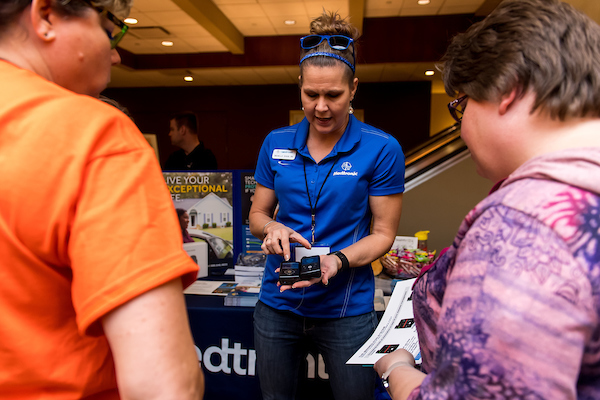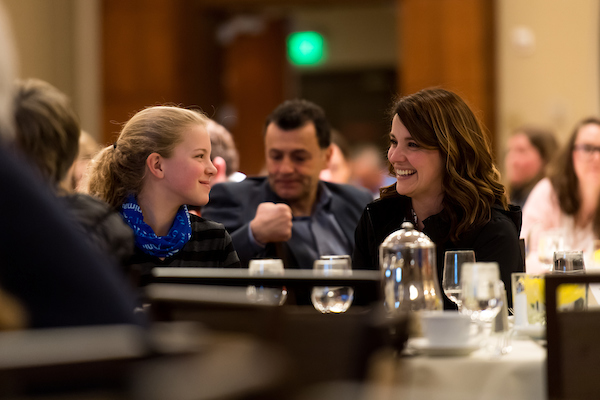
Recently I volunteered at the EPIC (Empowering Patients for Individualized Care) Diabetes Conference held by the Children’s Diabetes Foundation in Denver, Colorado. The sessions and speakers of the day were filled with information, friendly faces, and hope for the future. For the inaugural event, I was pleasantly surprised by about 300 attendees.
From the sessions, I learned that we are very close on the technology for the Artificial Pancreas. My 16 year-old son John (diagnosis 2006) has been involved in several of the studies, so I have seen the benefits first-hand. Medtronic looks to be first with a summer-2017 release (https://www.medtronicdiabetes.com/products/minimed-670g-insulin-pump-system) of the Closed Loop connection between their 670G Pump and Guardian 3 Continuous Glucose Monitor, a system, which received FDA approval largely thanks to research conducted at the Barbara Davis Center. But I learned that others are close too with advances in the Predictive Low Glucose Suspend and Hybrid Closed Loop (https://www.tandemdiabetes.com/about-us/pipeline). While not a cure, this advancement continues to make life with diabetes dramatically more manageable, and less inconvenient.

Throughout the conference, I met some incredible people. One woman at my lunch table has had type 1 for 32 years. She was attending the conference to learn new information about treatments, and advances in technology. She provided a solid testament to the positive results of hard work and perseverance with her great attitude and visible heath. There were also two teens at the table with more recent type 1 onsets with their families. We were all able to share tips and tricks. It was clear that they would love (changed from ‘loved’) the opportunity to gather with “diabetes veterans” in the community to learn and share their successes and failures.

